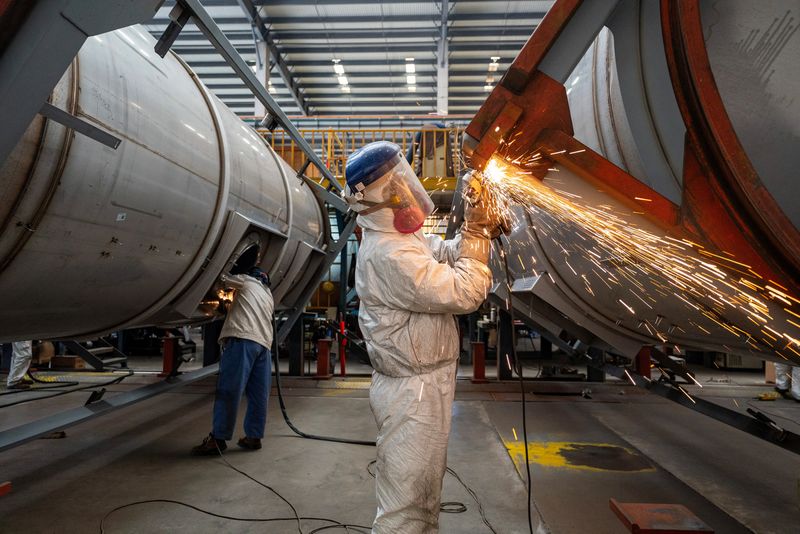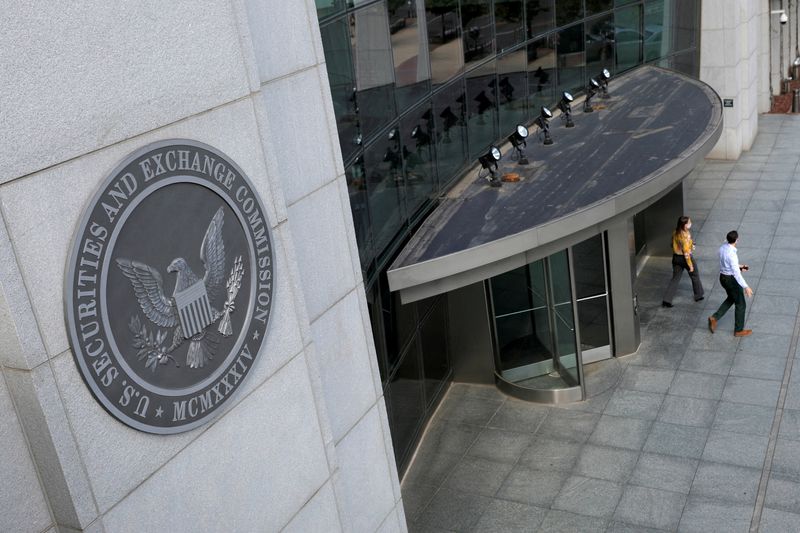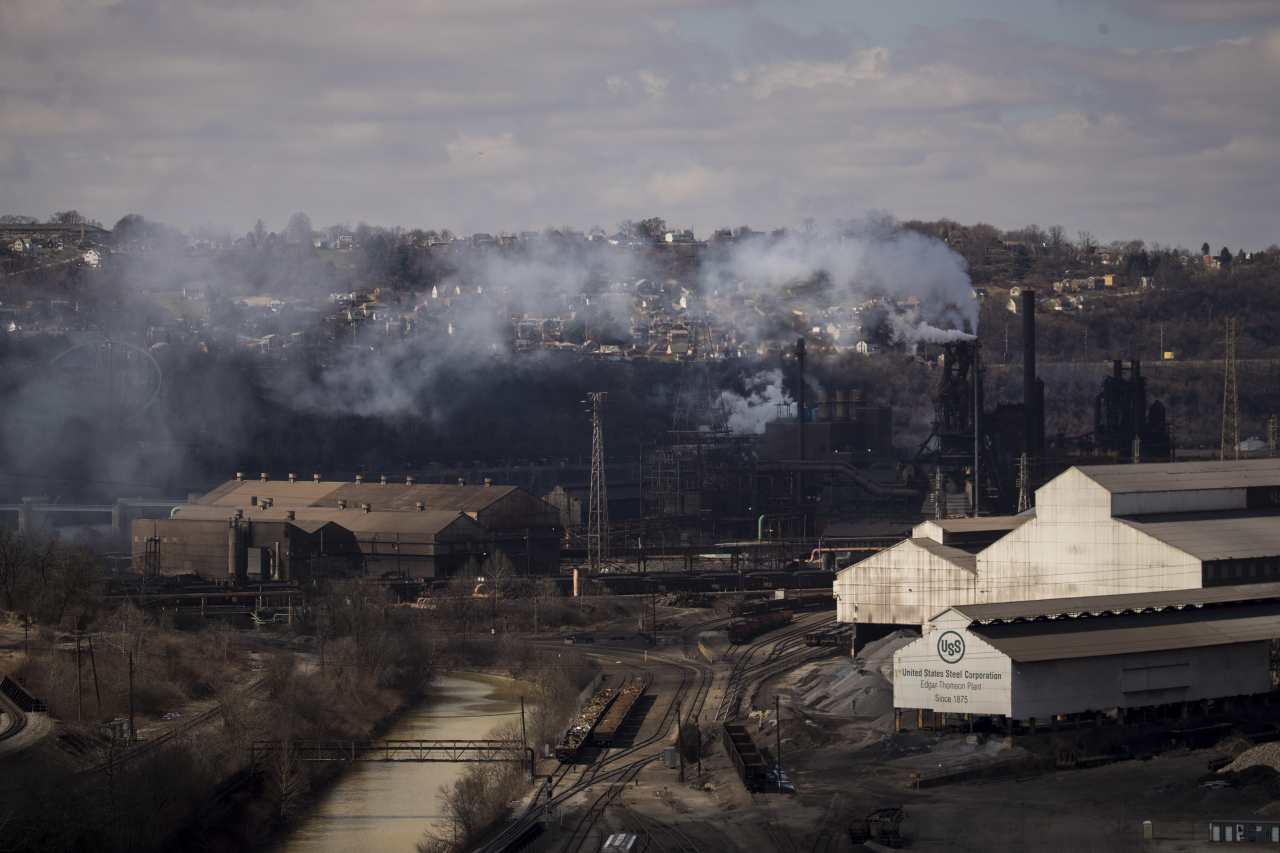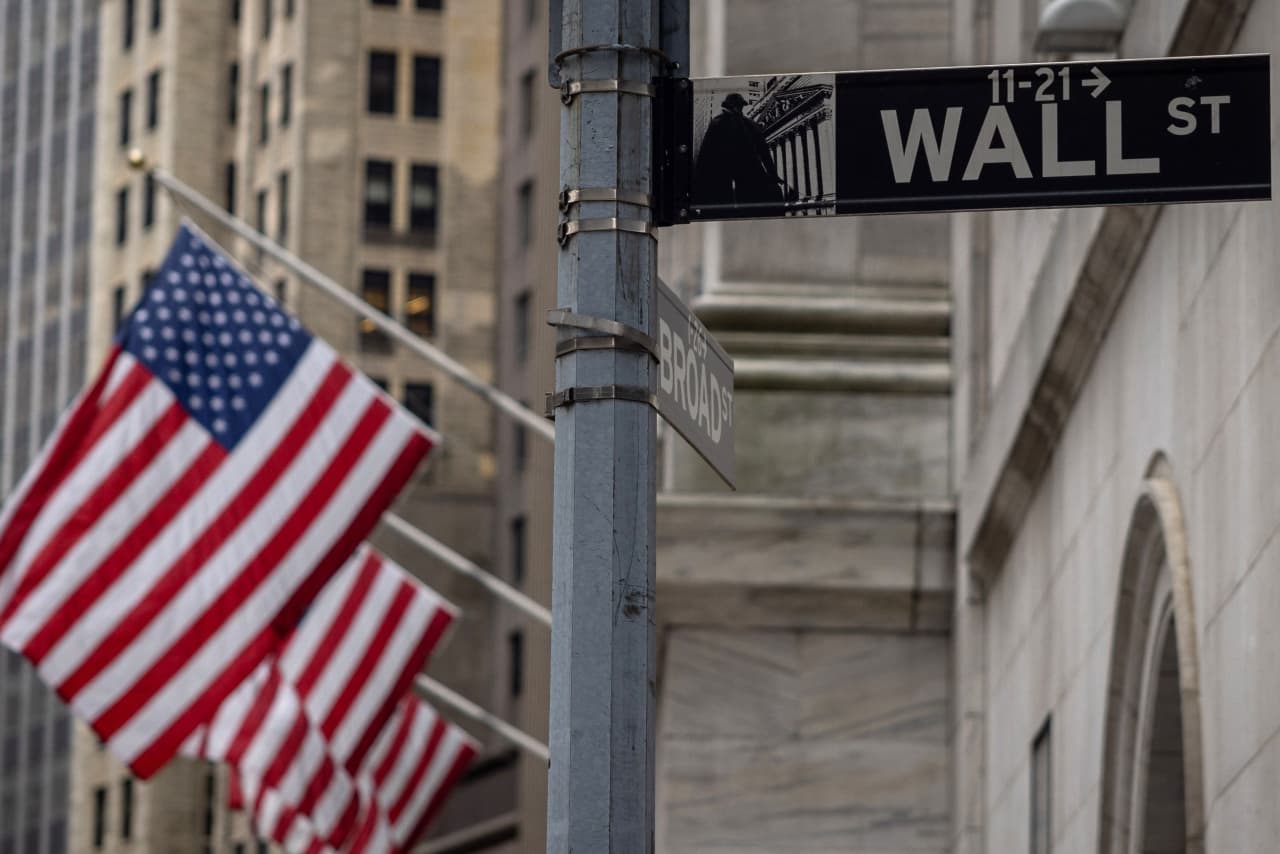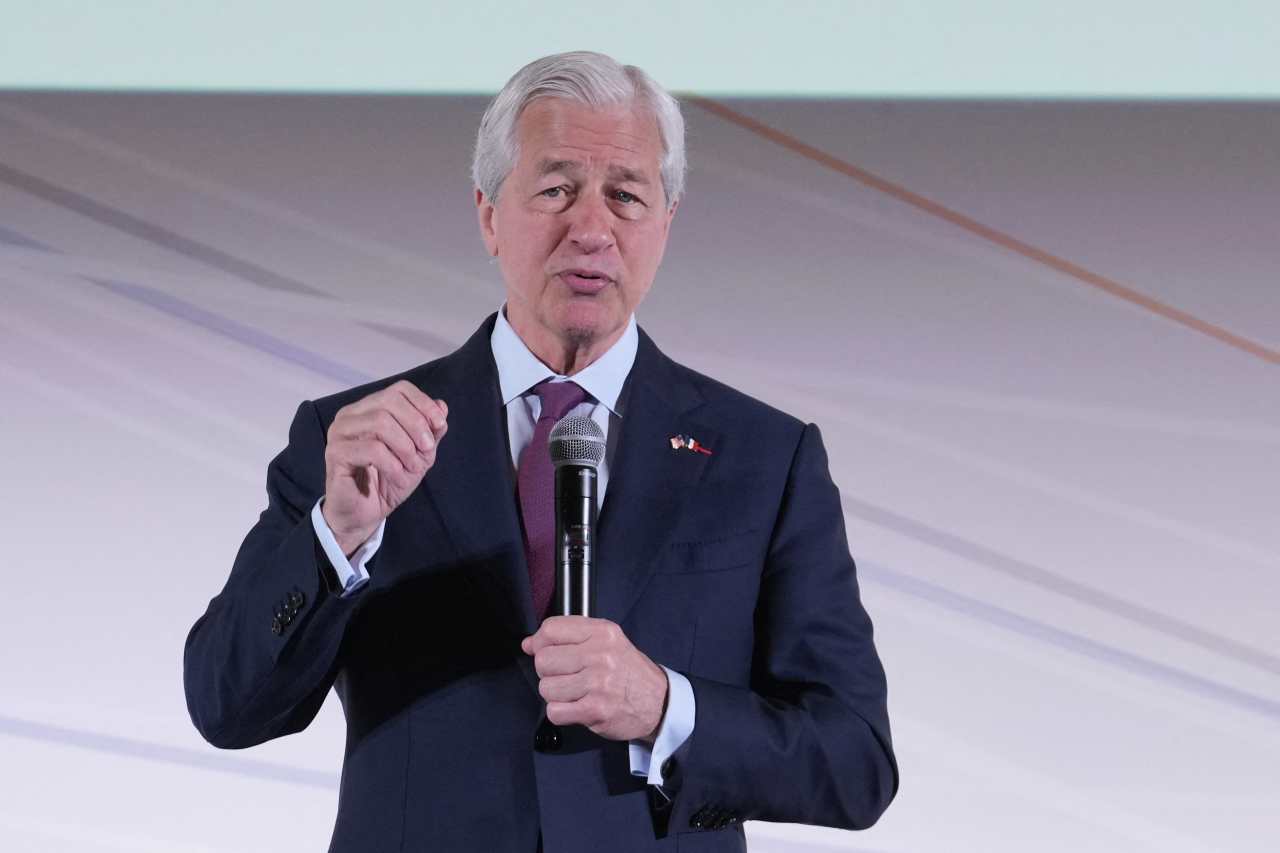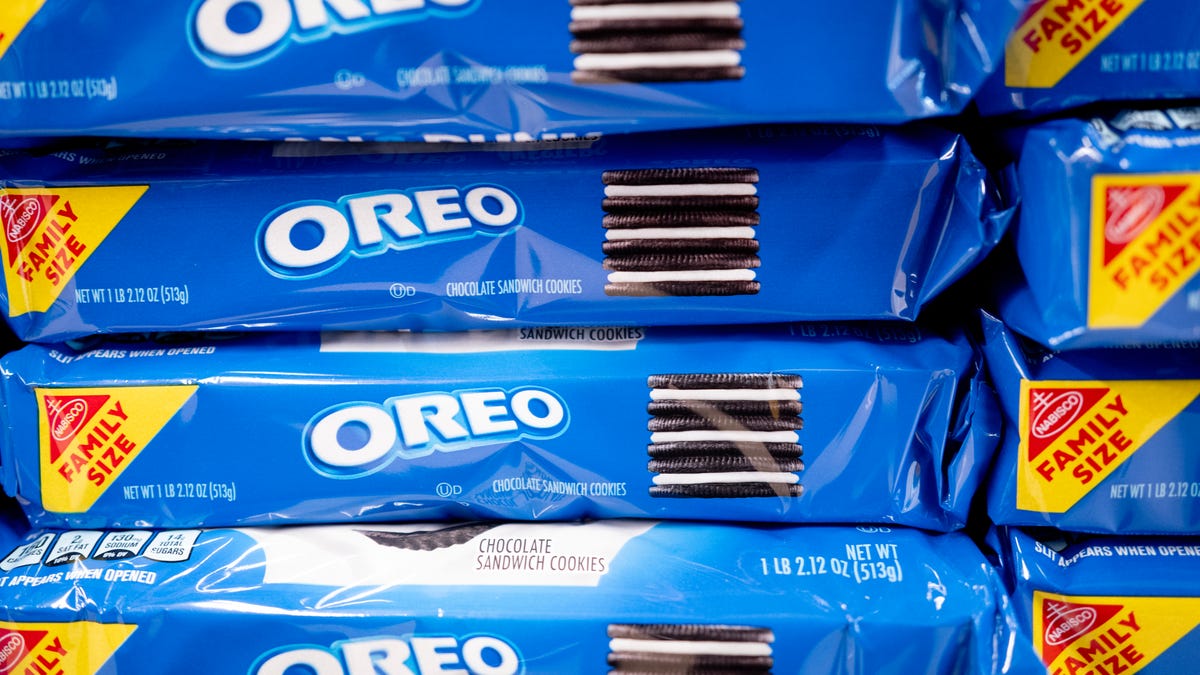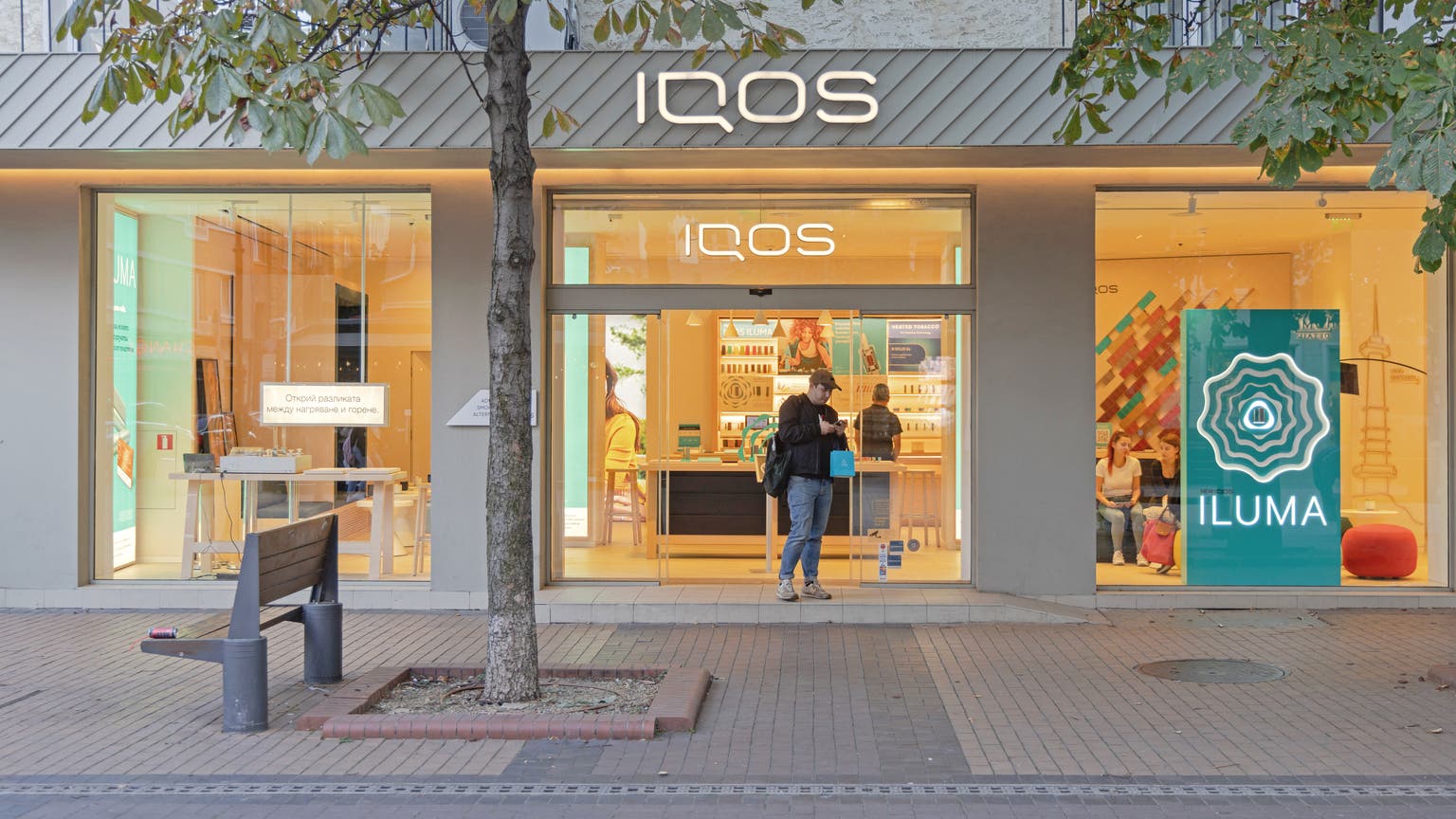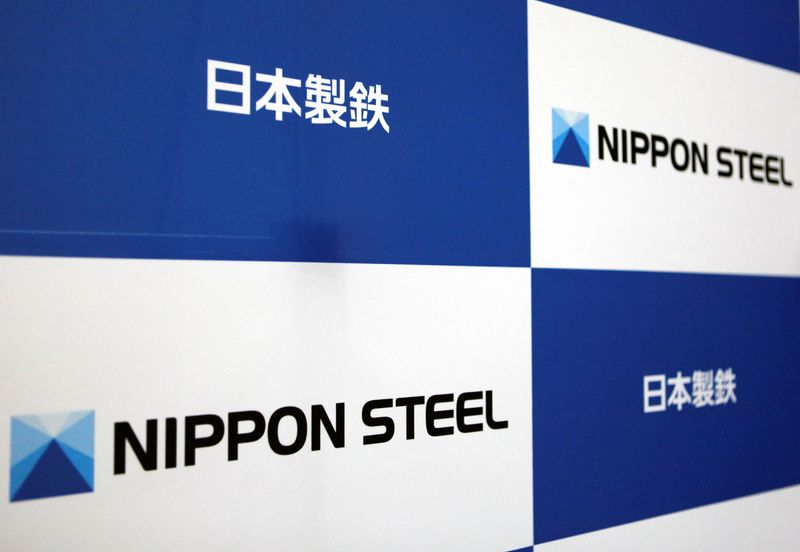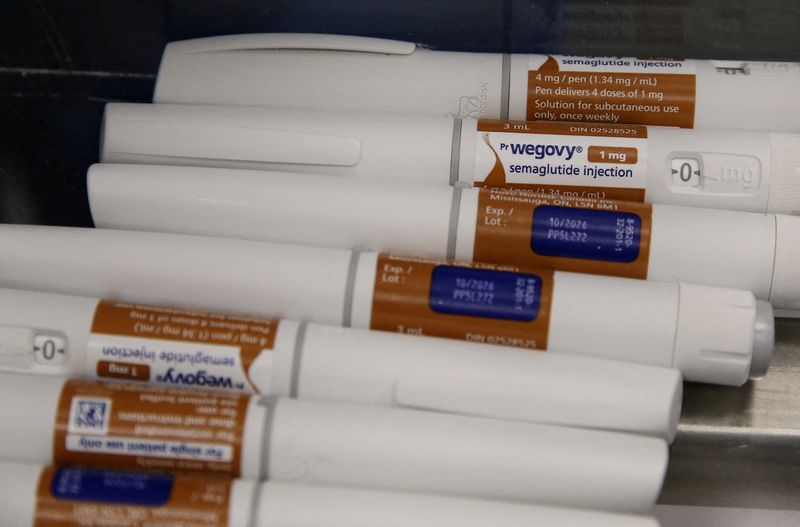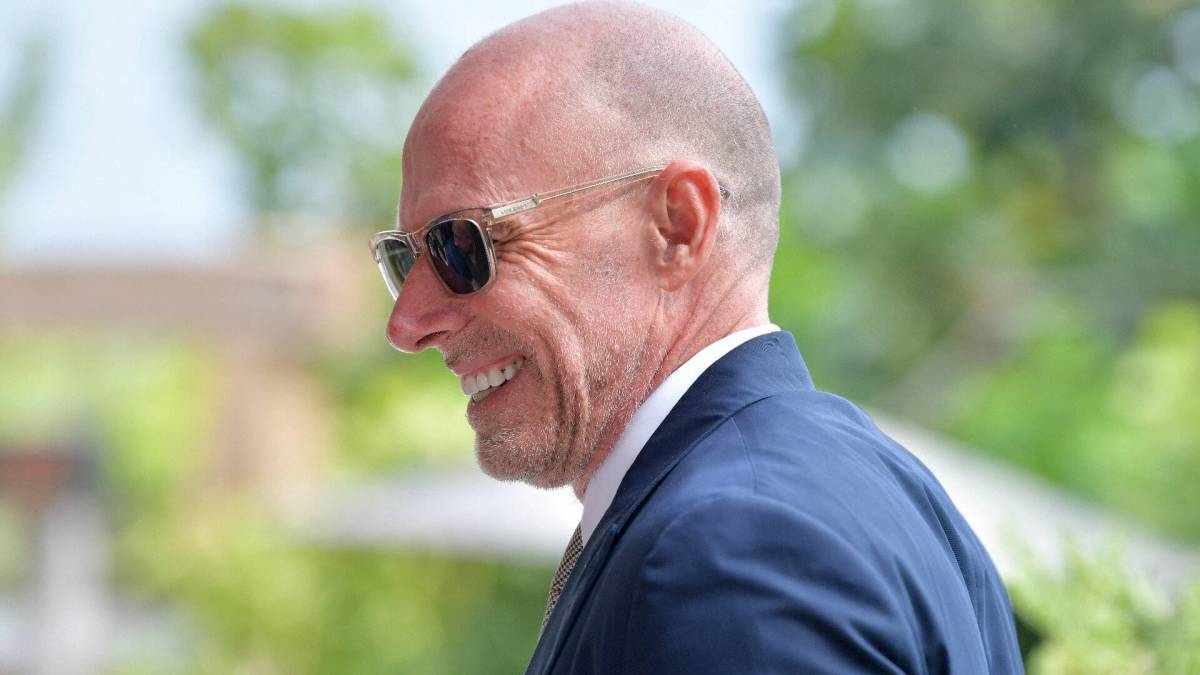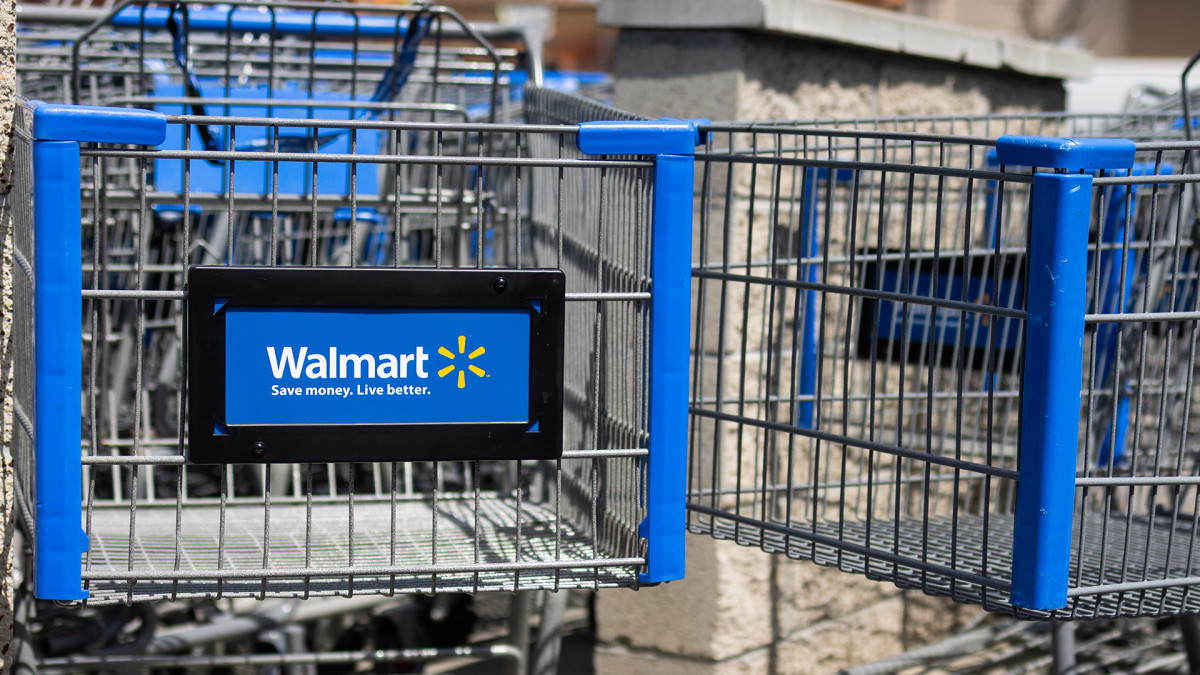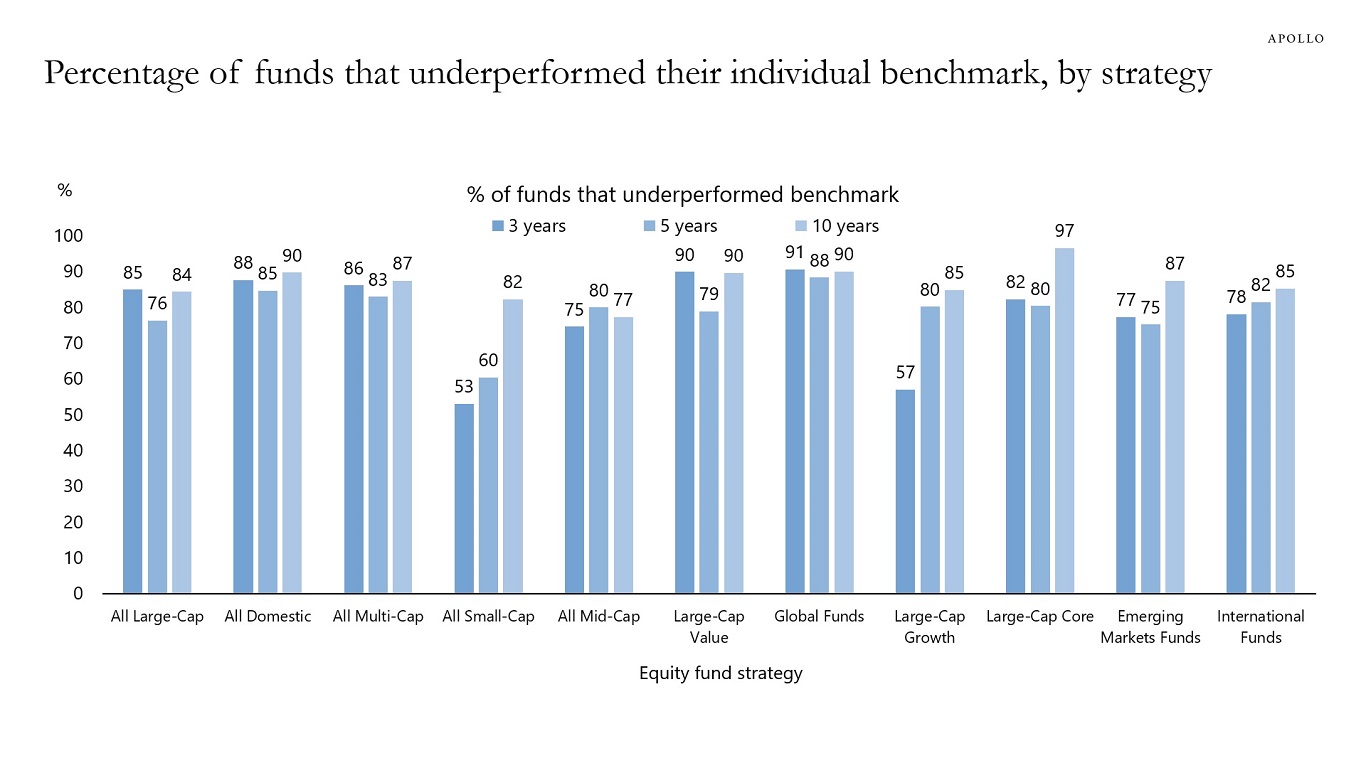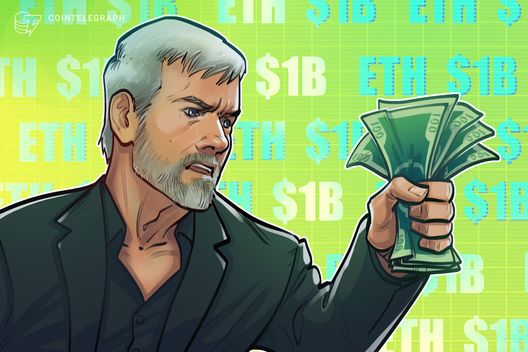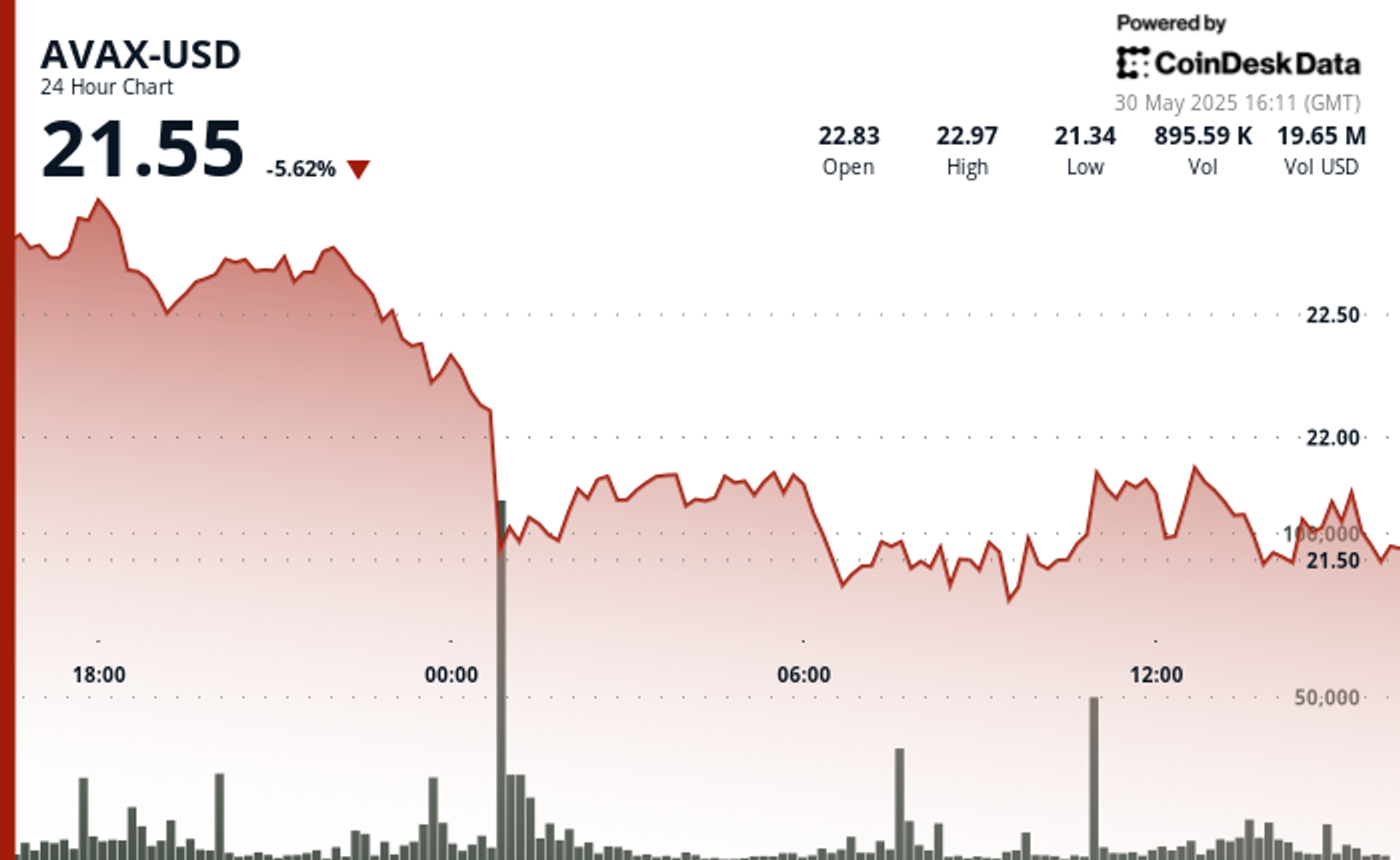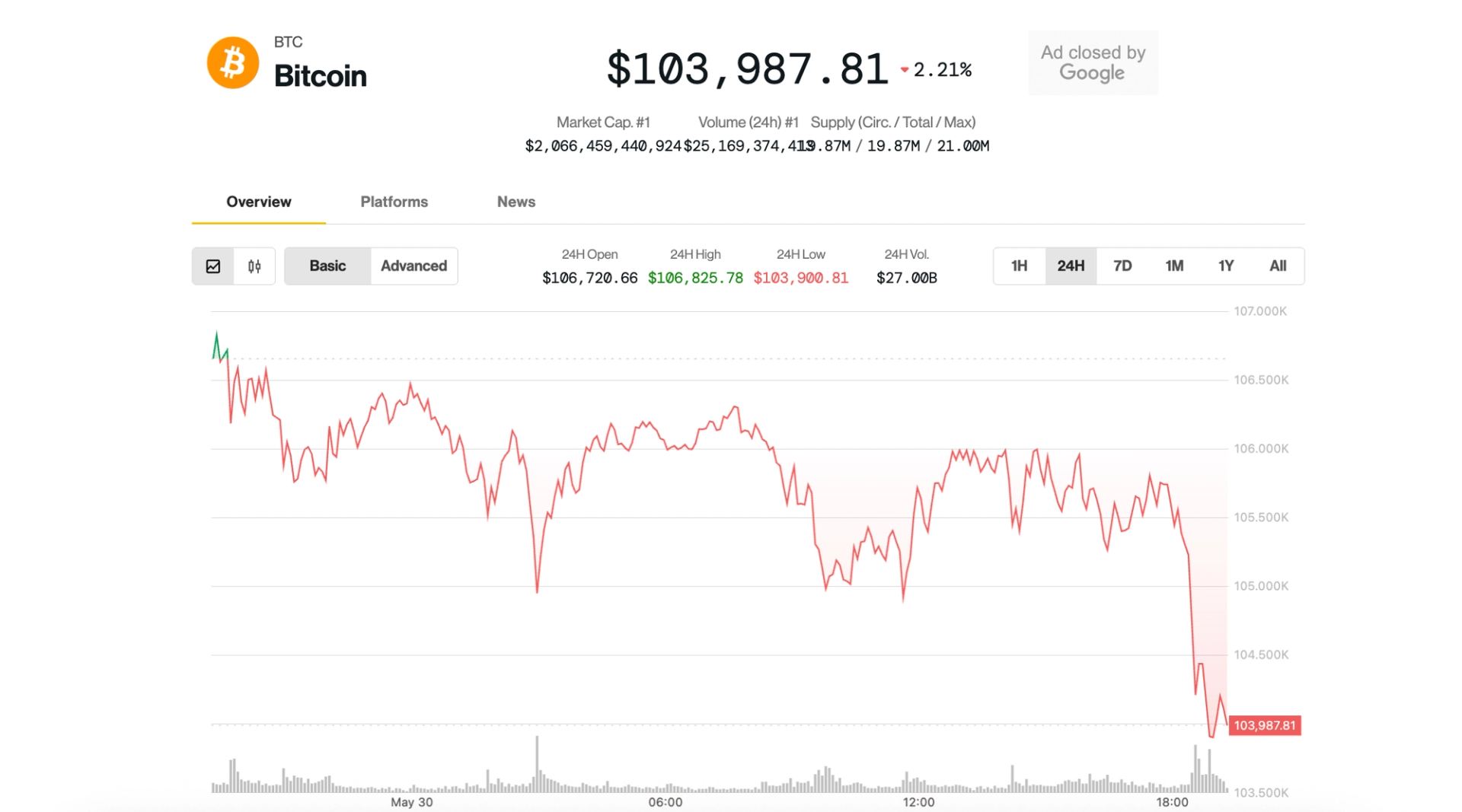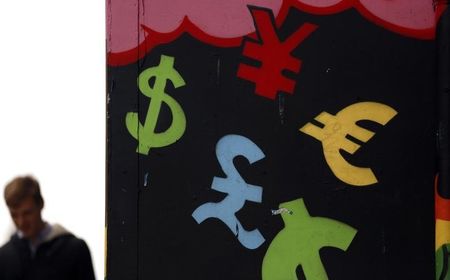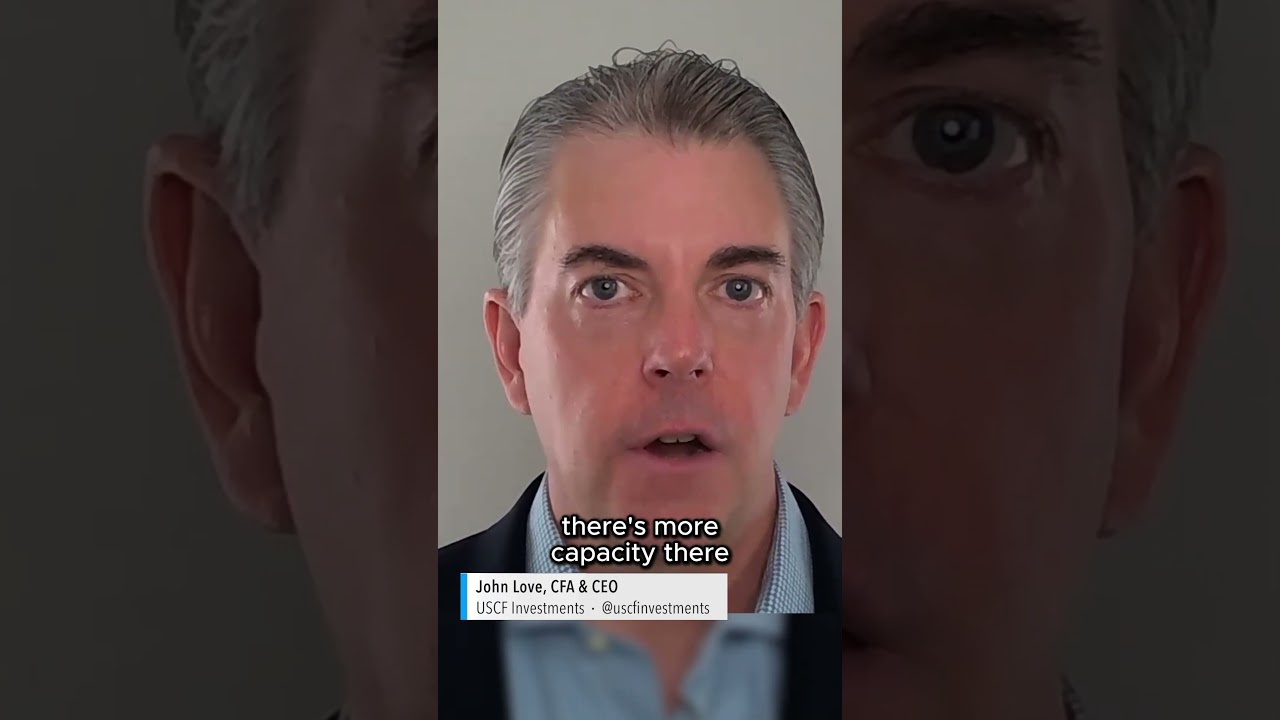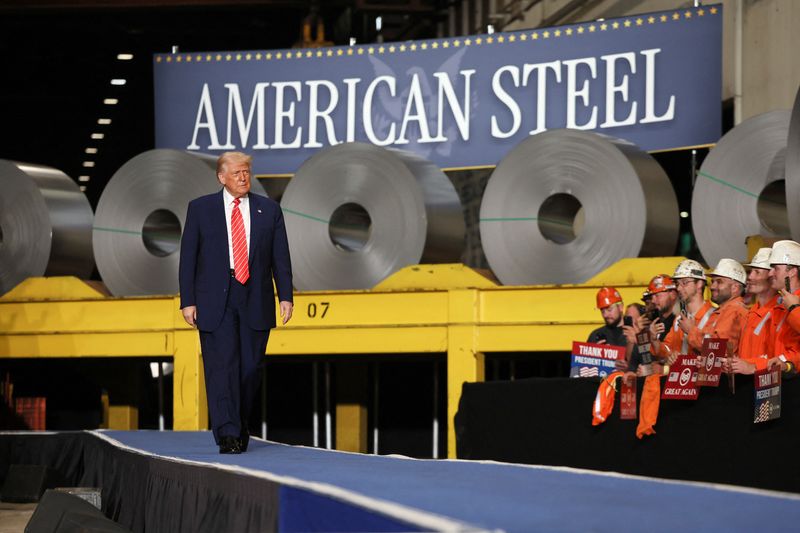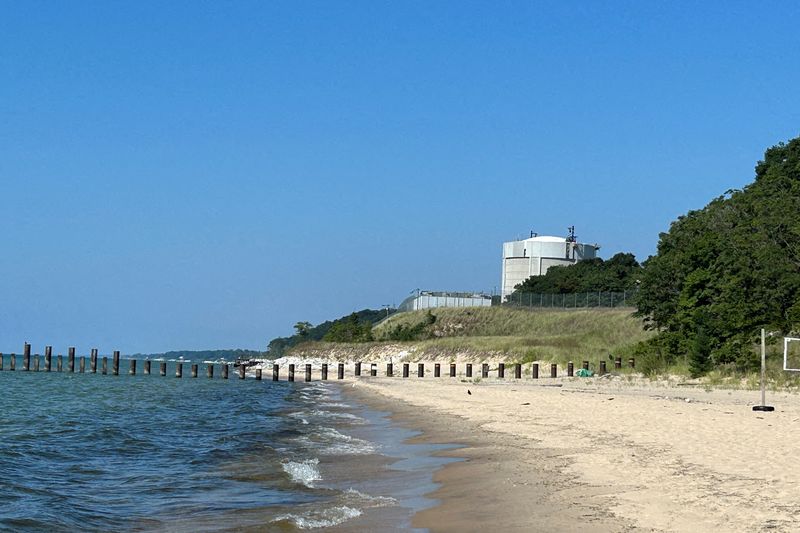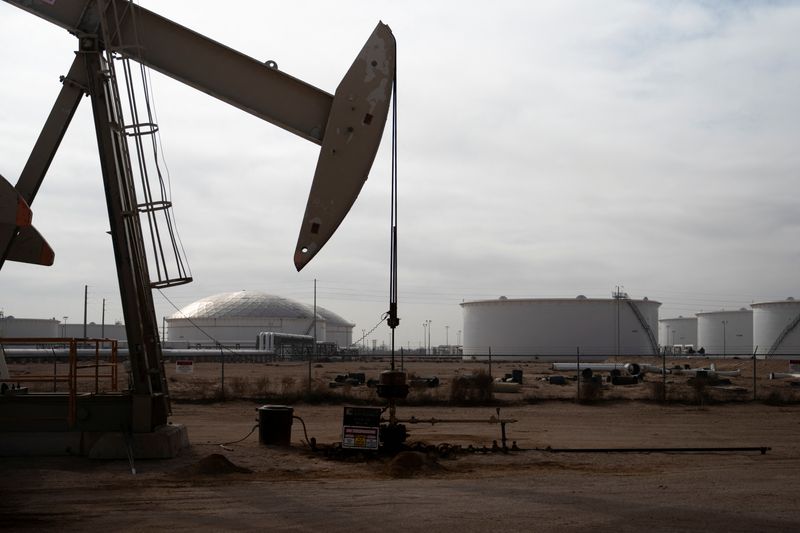Brazil just sued Tesla’s biggest competitor from China for worker conditions ‘analogous to slavery’
Some 31 people were forced to share a single bathroom in at least one worker dormitory.

- Brazilian prosecutors sued BYD for allegedly bringing Chinese workers illegally to the country and then subjecting them to working conditions “analogous to slavery.” Workers building the company’s industrial plant in Camaçari, a city in the Brazilian state of Bahia, were purportedly crammed in dormitories and had their passports and a majority of their wages withheld.
Brazilian prosecutors are suing BYD, China’s biggest EV maker, accusing the company and two of its contractors of subjecting workers to conditions “analogous to slavery.”
Bahia state’s Public Labor Prosecutor’s Office (MPT) accused the three companies of illegally trafficking 220 Chinese workers into Brazil to construct BYD’s new industrial plant in the city of Camaçari, located on the country’s east coast just north of Salvador.
The prosecutors ordered the three companies to pay a fine of 257 million reais ($45.1 million) in part because of the harsh conditions workers were subjected to, according to a statement published by prosecutors.
“Public agents found workers crammed into accommodations lacking the minimum comfort and hygiene conditions, with armed guards, passports being withheld, employment contracts with illegal clauses, exhausting work hours and no weekly rest,” a translation of the statement read.
In a statement to Brazilian news outlet Agência Pública, who first reported complaints of poor worker conditions at the BYD construction site last year, the company said it “does not tolerate disrespect for Brazilian law and human dignity.” Later, in a social-media statement from December, a BYD spokesperson said the initial news about harsh worker conditions in Brazil was “smearing Chinese brands, smearing China, and attempting to undermine the friendship between China and Brazil,” the AP reported. BYD did not immediately respond to Fortune’s request for comment.
Workers at the plant in Camaçari allegedly lived in dormitories with their personal belongings mixed in with their food and some slept on beds with no mattresses, the statement read. There were few bathrooms in the dormitories, which were not separated by gender. The prosecutors alleged 31 workers in one dormitory shared one bathroom and were forced to wake up at 4 a.m. to use the facilities and wash up before their work began.
In addition, in at least one of the dormitory kitchens, authorities say they found construction material alongside food items. In another room used by a cook, food was left in open containers on the floor exposed to dirt and without refrigeration, the prosecutors alleged.
Apart from the harsh conditions, about 70% of workers wages were allegedly withheld, and they each had to pay a deposit to initiate their contract, which was only refundable after six months of work. The workers also faced excessive costs to terminate their contracts early, which included the loss of the deposit, payment of the return ticket, and refunding the ticket they used to arrive in Brazil.
“The contractual terms of the employment relationship constituted forced labor,” the prosecutors wrote in the statement.
BYD has quickly emerged as one of the biggest electric-vehicle makers in the world, and previously outpaced Elon Musk’s Tesla on annual revenue, and most recently on European EV sales.
This story was originally featured on Fortune.com





